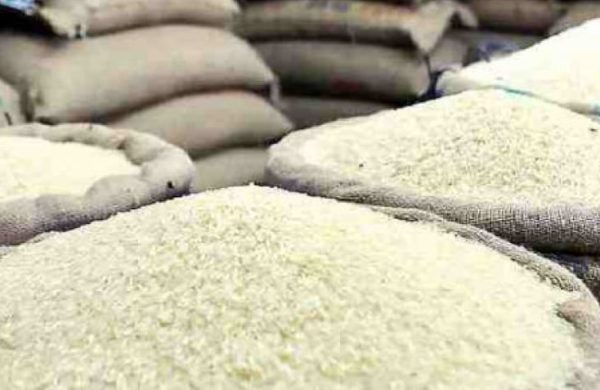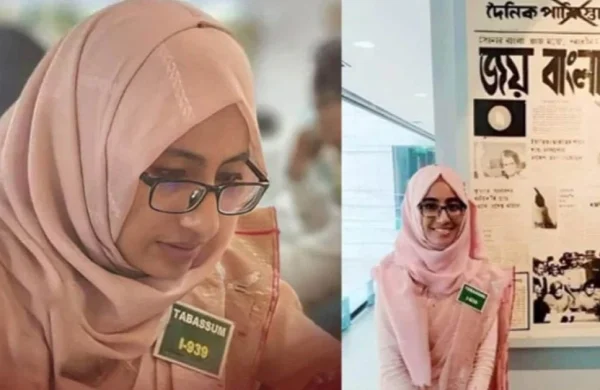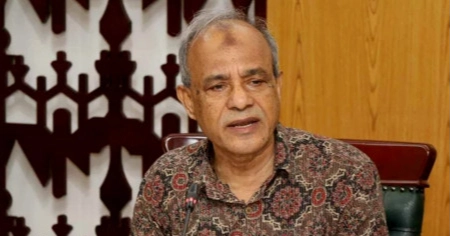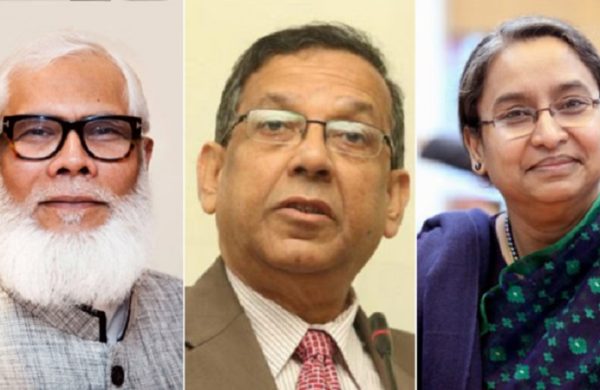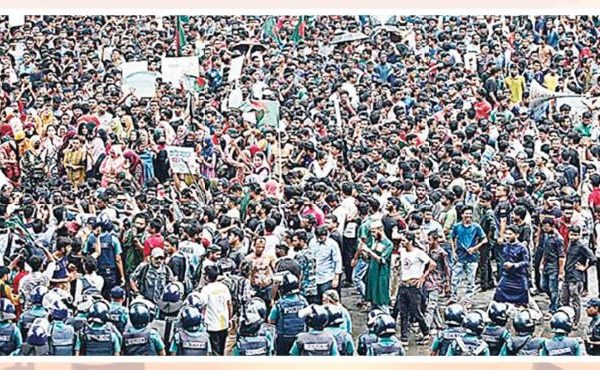Salehuddin for technological integration to develop SME sector
- Update Time : Wednesday, July 2, 2025
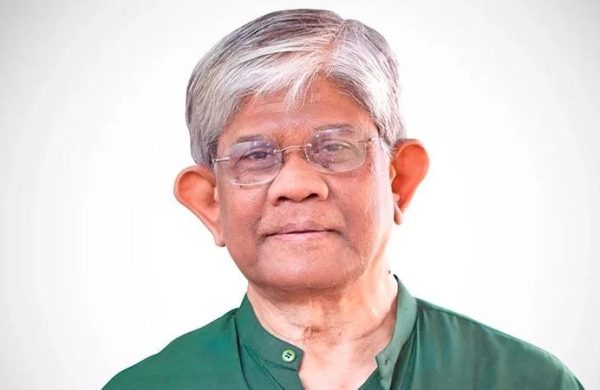
Staff Correspondent:
Finance Adviser Dr Salehuddin Ahmed on Wednesday laid emphasis on ensuring greater financial access, technological integration, and global market connectivity for the country’s Small and Medium Enterprise (SME) sector.
“The country’s economic growth continues to rely heavily on the SME sector, which also generates the highest employment. The days of hammer and chisel are over. Some SMEs are already using technology, but the scope needs to be expanded further,” he said.
The adviser said while speaking at the ‘SME Foundation-ERF Media Award’ ceremony as the chief guest, held at the Economic Reporters’ Forum (ERF) office in the city.
A total of 21 journalists were awarded for their outstanding reporting on SME-related issues.
Despite various narratives around our growth model, Salehuddin said that the SME sector remains the main pillar of Bangladesh’s economy.
“However, SMEs contribute only 26 percent to GDP, which is not sufficient. In many other countries, this contribution reaches as high as 60 percent. It is a misconception that developed countries rely solely on large industries. In Japan, many SMEs are globally renowned. Even Rolex watches are produced by SMEs,” he added.
Highlighting the sector’s inclusive potential, he said, “SMEs provide significant opportunities for women’s participation. Empowering women means more than just talk; it requires enabling them to work, and the SME sector is creating that space.”
He acknowledged the financing barriers in the sector, saying, “Bankers often overlook SMEs in favour of large loans. They prefer handing out Tk10 crore in loans without considering the repayment. This mindset among bankers and policymakers must change.”
Regarding refinancing, he said, “Bangladesh Bank has a refinance scheme for SMEs. It can be expanded, and the finance ministry will support this. If we can provide Tk60,000 crore in fuel subsidies, why can’t we allocate some for SMEs?”
He also advised creating a digital database for the SME sector and said, “If needed, the finance ministry will finance this. Foreign investors now seek digital access to information.”
He recommended the SME Foundation to follow a model like Palli Karma-Sahayak Foundation (PKSF), saying, “With well-designed projects and the right people, donors like the World Bank and IFAD will step in. PKSF is now a globally respected institution because of its financial transparency. The SME Foundation must maintain that same integrity.”
“To truly develop the SME sector, we must connect it with both domestic and international markets. We also need to diversify our exports beyond current dependencies,” he said.
Explaining the smaller size of the national budget this year, he said, “The previous government’s projects were riddled with wasteful and unnecessary expenditures. We’ve tried to reduce such wastage, which is why the budget appears smaller.”



